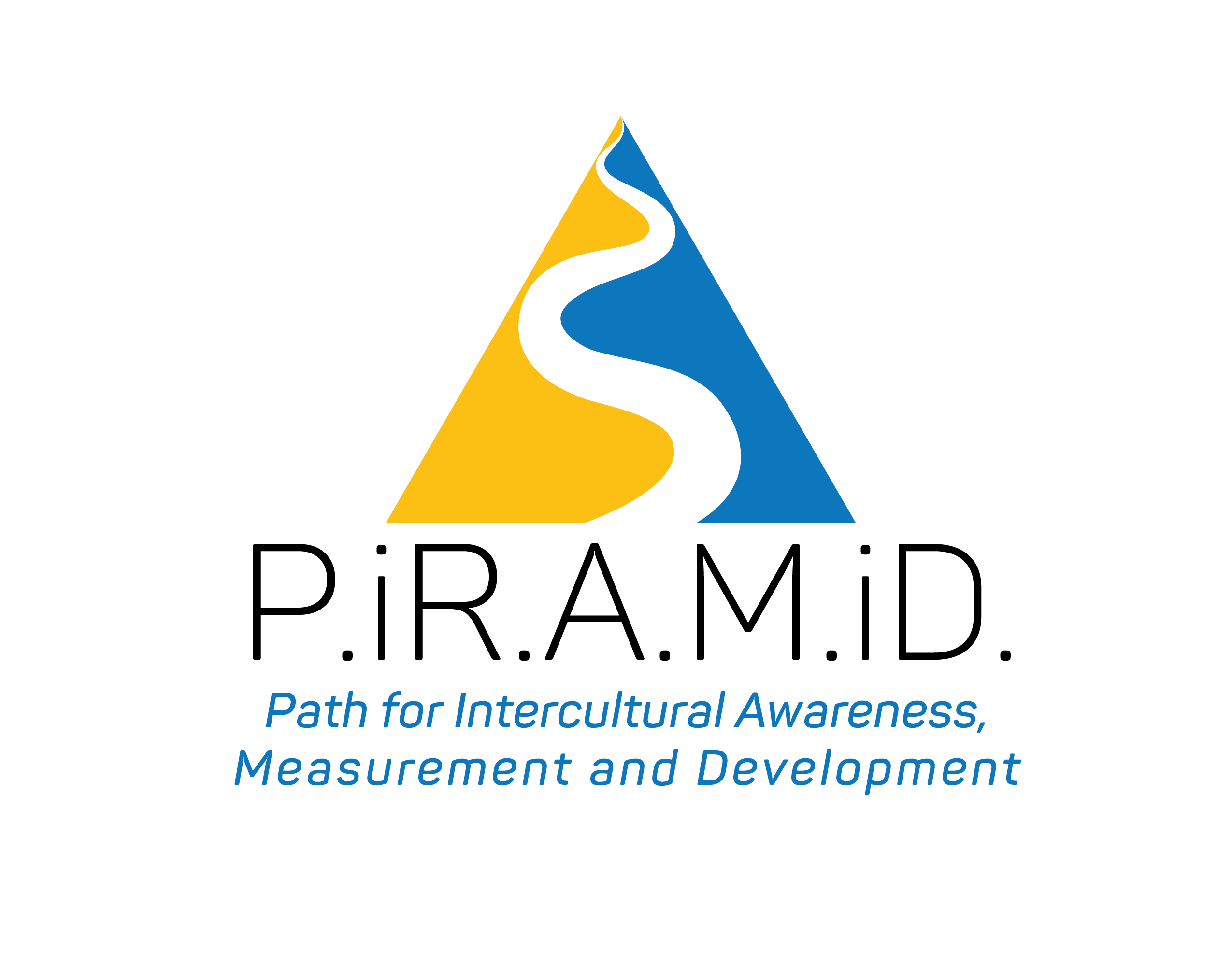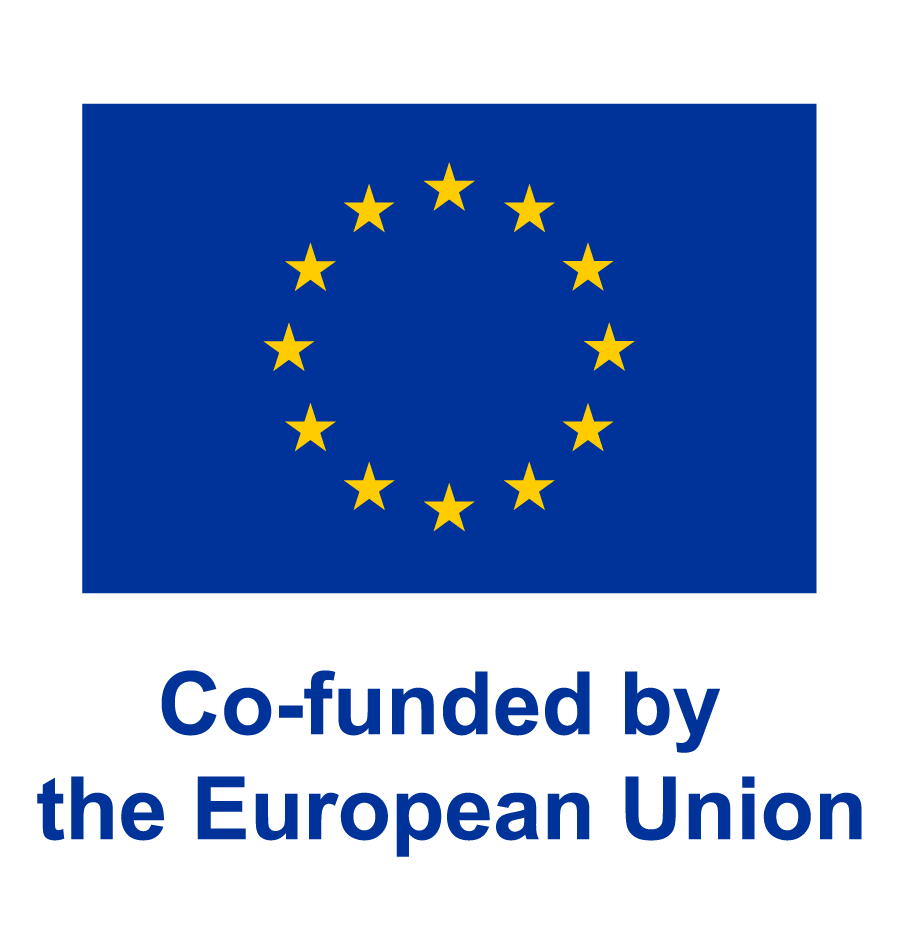This website use cookies to ensure you get the best experience on our website

P.IR.A.M.iD
2023-1-ES01-KA220-VET-000157060
German culture: punctuality and order
10 October 2024

German culture is deeply rooted in structure, punctuality, and sincerity, shaping both social and professional interactions. Germans are known for their monochronic approach to time, focusing on completing one task at a time and adhering strictly to schedules. Punctuality is a hallmark of German life—arriving on time, or even a few minutes early, is seen as essential to building trust. Delays, even of a few minutes, are viewed as a lack of reliability. Schedules are considered binding, and any deviation is generally unwelcome unless absolutely necessary.
At the heart of German culture lies a commitment to fairness, honesty, and duty. Germans are meticulous planners who value structure and organization in every aspect of life. This dedication to thoroughness and logic is reflected in a reserved, serious demeanor, with a strong preference for privacy. Homes and workspaces are considered personal sanctuaries, and crossing these boundaries without invitation is discouraged. Privacy extends to personal time, which is treasured and respected—encroaching on it, particularly on weekends or after work hours, is often unwelcome.
German communication is marked by directness and clarity, prioritizing truth over politeness. While this straightforwardness can sometimes come across as blunt to outsiders, it stems from a sincere belief in transparency. Open disagreement is encouraged if supported by logical reasoning, and Germans value discussions that are purposeful and substantive. They are attentive listeners, appreciating detailed explanations and comprehensive background information. Humor is not typically seen as a necessary part of professional interactions, with a preference for pragmatic, meaningful dialogue. Germans expect honesty and assume others are as straightforward as they are, which can lead to disappointment when met with casual or superficial responses.
In professional settings, Germans emphasize discipline, efficiency, and honesty. Business interactions are straightforward, with direct communication and a focus on clear, actionable outcomes. Meetings and negotiations avoid unnecessary small talk, reflecting the value placed on time. This methodical approach can be an adjustment for those from cultures that prioritize diplomacy, but it fosters trust and transparency.
Understanding and respecting German cultural values can help newcomers navigate interactions effectively. By appreciating their dedication to honesty, boundaries, and disciplined time management, one can build meaningful connections and mutual respect in both personal and professional areas.

This project has been funded with support from the European Commission.
This publication reflects the views only of the authors, and the Commission cannot be held responsible for any use which may be made of the information contained therein.
